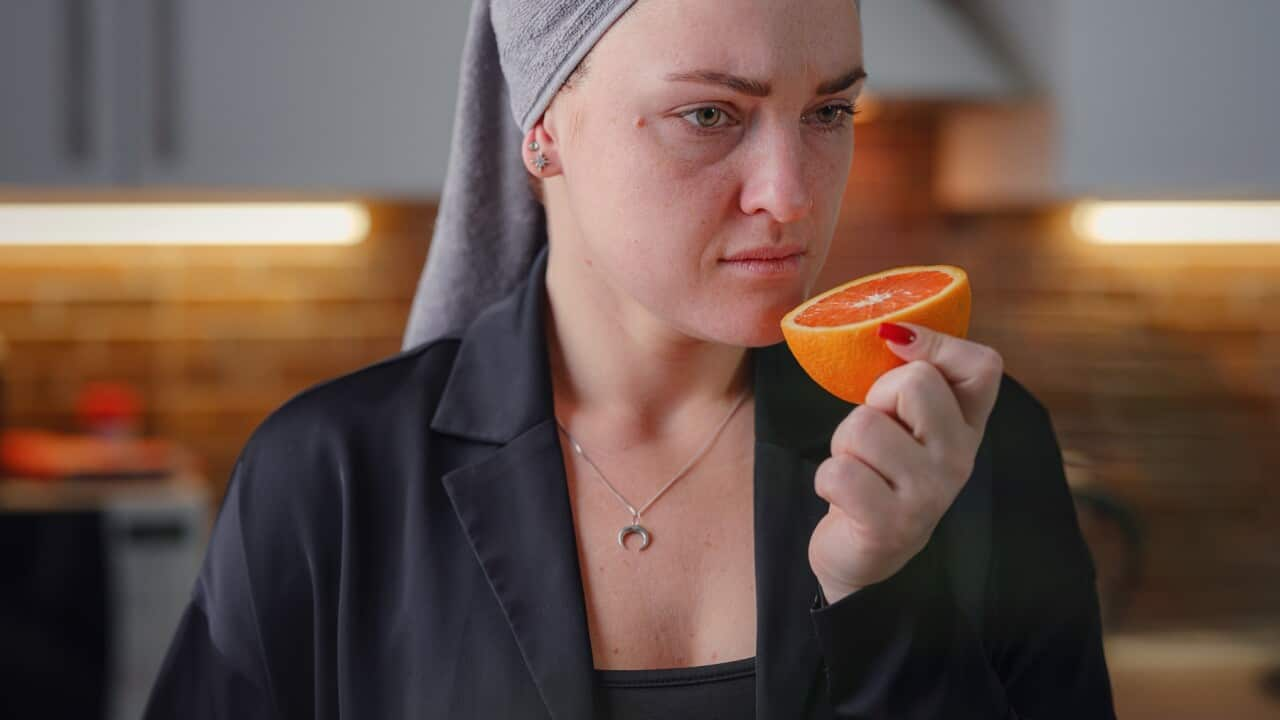Key Points
- Long COVID can manifest in the body in several ways.
- Long COVID exhibits symptoms such as fatigue, difficulty breathing, problems with concentration or thinking and sleeping, dizziness, persistent cough, chest pain, difficulty speaking, painful muscles and joints, loss of smell and taste, depression or anxiety, and fever.
- Professor Trevor Kilpatrick, the director of the Florey Institute of Neuroscience and Mental Health, says it is important for clinics, hospitals, GPs, and researchers to coordinate their approach to Long COVID.
In Australia, from 3 January 2020 to 26 April 2023, there have been 11,206,733 confirmed cases of COVID-19 with 20,119 deaths, reported to WHO.
As of 23 March 2023, there are 65,492,360 vaccine doses have been administered.
Healthy Pinoy is SBS Filipino's weekly segment on health. The content provided is for informational purposes only and does not intend to substitute professional medical advice, diagnosis, or treatment. Consult your GP or doctor for support.














